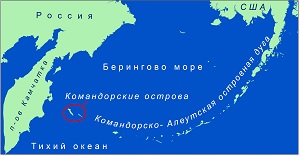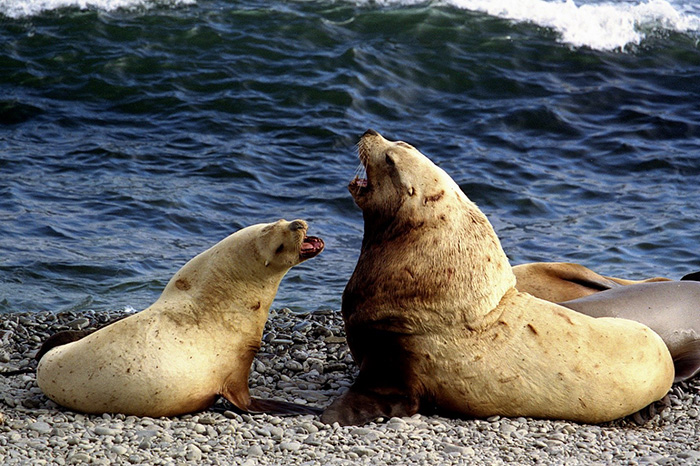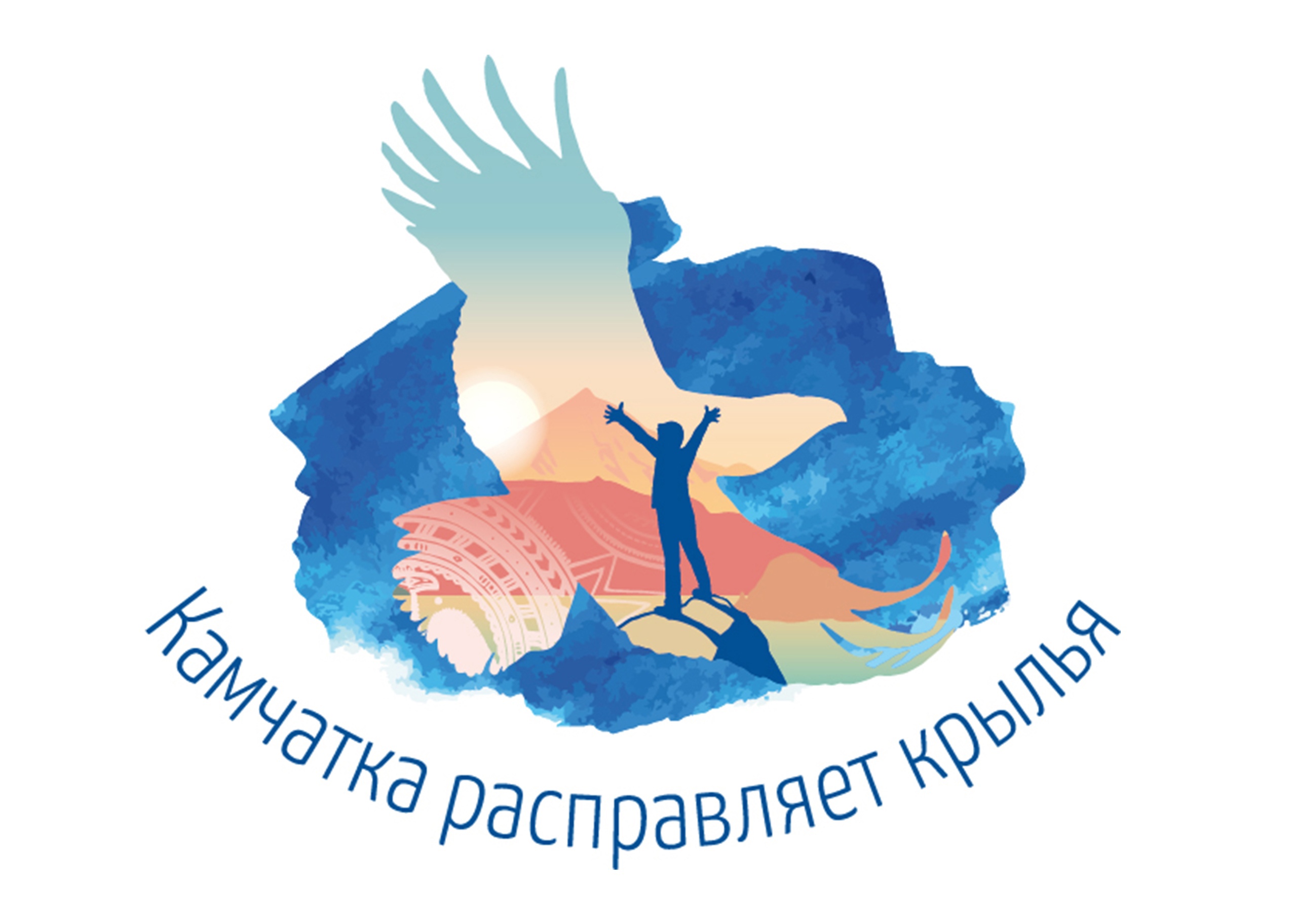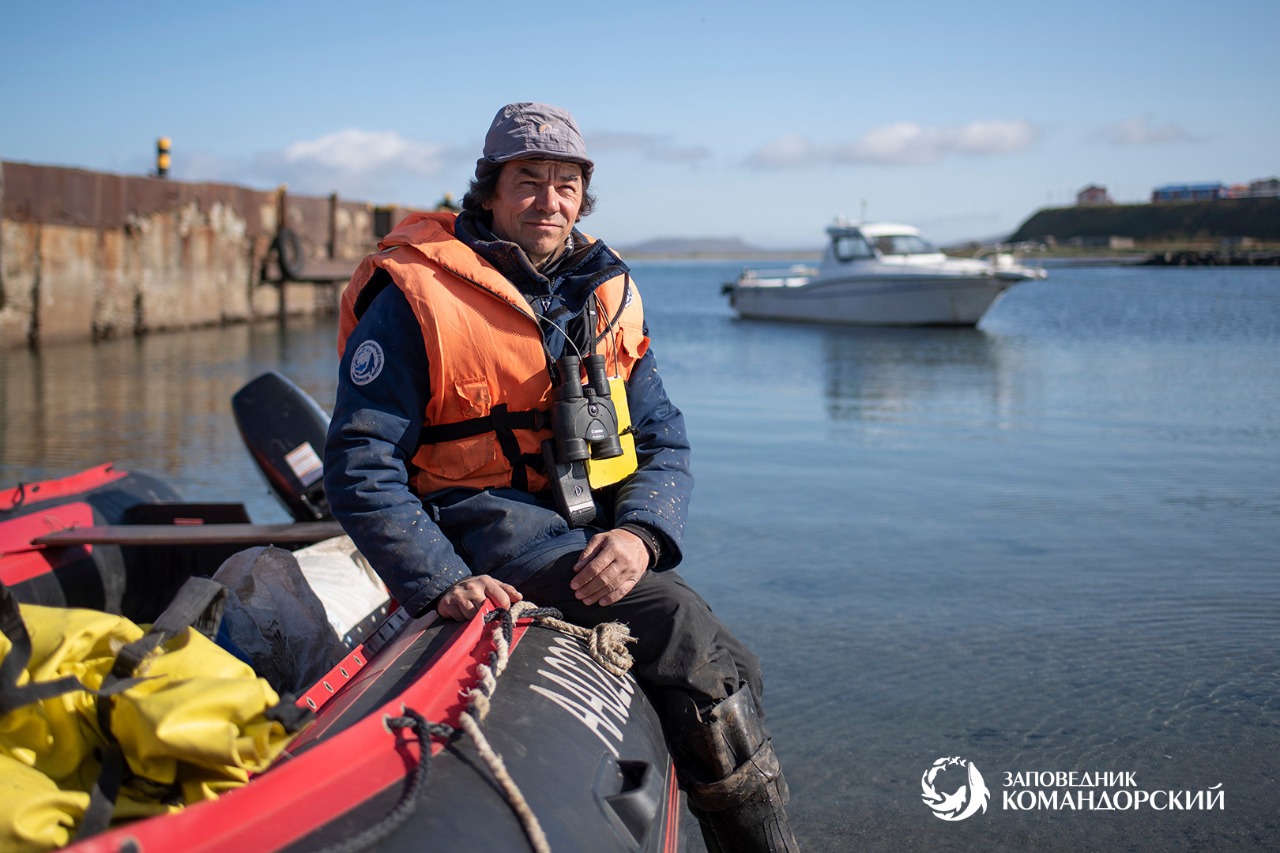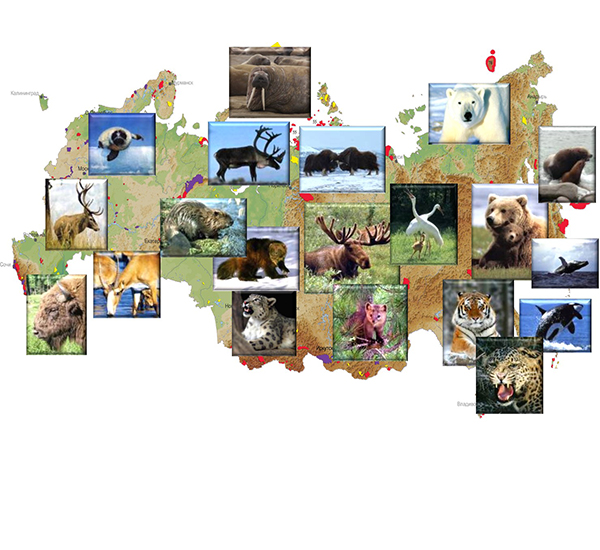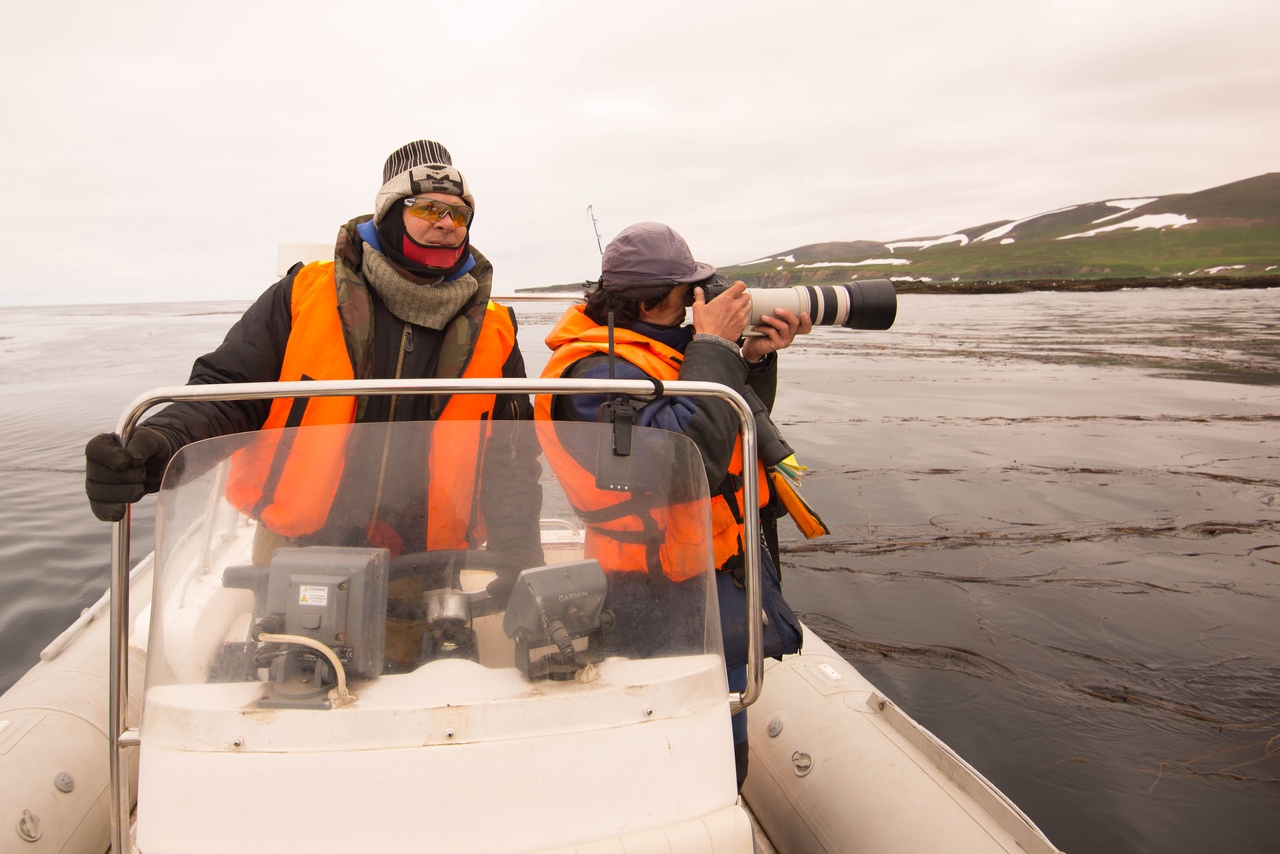
About the islands
Back in May 1991, I was part of a scientific expedition on the ship "Volcanologist", the name speaks for itself. The program of our expedition consisted in the study of volcanic activity in the region, including the area of the Commander Islands. My immediate task was to observe marine mammals and birds. During the movement of the vessel I recorded notes about all meetings with them in my journal, whether it be whales, pinnipeds, various types of gulls, puffins, etc. For several days we had to stay in the water area of the Commanders. So for the first time I saw these distant islands, lost in the vast expanses of the Pacific Ocean.
Medny Island is part of the Commander Islands archipelago. In my opinion, it is here, in the south of the island, that the most beautiful sea lion rookery in the world is located. It is mountainous with a wide rocky beach, where fur seals breed. And nearby, in the waters, you can meet various types of whales. They are like alien creatures: mysterious, obscure, huge and very beautiful. Their beauty is unusual for people who are used to seeing hares, foxes, bears. These are the largest living creatures on our planet. They are a living miracle! From the very first days, I realized that this is my island, that I feel great here, there is a clean background, and neither geomagnetic storms, nor infrasound bother me anymore. The field season was just ending in late August - early September, I was leaving for the mainland, but this place immediately pulled me back like a magnet. My heart ached, and after a month the itching began like this: to go back, walk along these paths, rookeries. The steep banks covered with snow, the gray sky with low clouds and the piercing wind - all this somehow miraculously lured me. And every year I began to spend 2-3 months there, studying this harsh but beautiful world. I just loved it so much that I could not live without Medny Island; I dedicated 19 field seasons to the island. And today, in the archive of the Commander Islands Nature Reserve, a lot of my scientific works and observations are still kept.
Then life brought me to the second island of this group - Bering Island, where I now live as an employee of the nature reserve. Northern nature is somehow special. I can’t even formulate what is so attractive in it. For me, it is wild, pristine, the way our whole world was, our planet millions of years ago. On the Commanders, these are steep rocks tearing upwards, rocky peaks with sparse vegetation. The North is something that cannot be grasped by the mind. I don’t know what attracts scientists here. For someone it’s just a laboratory where you can collect scientific material, write a dissertation, an article. For me the islands are my life.
About animals
There are a lot of interesting cases from the life of wild animals, perhaps it is impossible to tell about all of them. But there are a few that are very memorable. For example, I met especially curious animals: working on the Yugo-Vostochnoye rookery for many seasons in a row, I recognized all the sea lions in person. I regularly had to go over the rookery along a narrow path directly above them. One bull named Los' almost always watched me when I climbed the rocky wall with the virtuosity of a balancer. He raised his head, looked at me and growled softly, but did not panic at the rookery. I think he recognized me too.
There were meetings far more extreme, life-threatening. You cannot avoid it when working with wild animals in their natural habitat. Northern fur seals rushed at me and bit during the counting work on the rookeries. Humpback whales jumped out of the water next to the boat. And once the seals, frightened by the killer whales, bit through the sides of our inflatable boat a kilometer from the shore. I had to stop working at sea and urgently return home on a half-inflated boat. Fortunately, everything worked out, and we were gluing the boat for another week after it.
I study not only mammals, but also birds, as well as the land inhabitants of the Commander Islands: arctic foxes, reindeers.
Each species is special in a way. Arctic foxes, for example, came to the islands at least 70 thousand years ago and since then have been living here in isolation from their mainland relatives. Steller sea lions occupy the same individual sites on the rookery for up to seven consecutive years. How do they remember them? And imagine that sperm whales from year to year come to feed in the same places off the coast of the islands, they know the place as close as one kilometer! How do they find these places in a vast, endless ocean? And mutton birds are born on the shores of faraway Tasmania and fly to feed the shores of the Commander Islands every year!
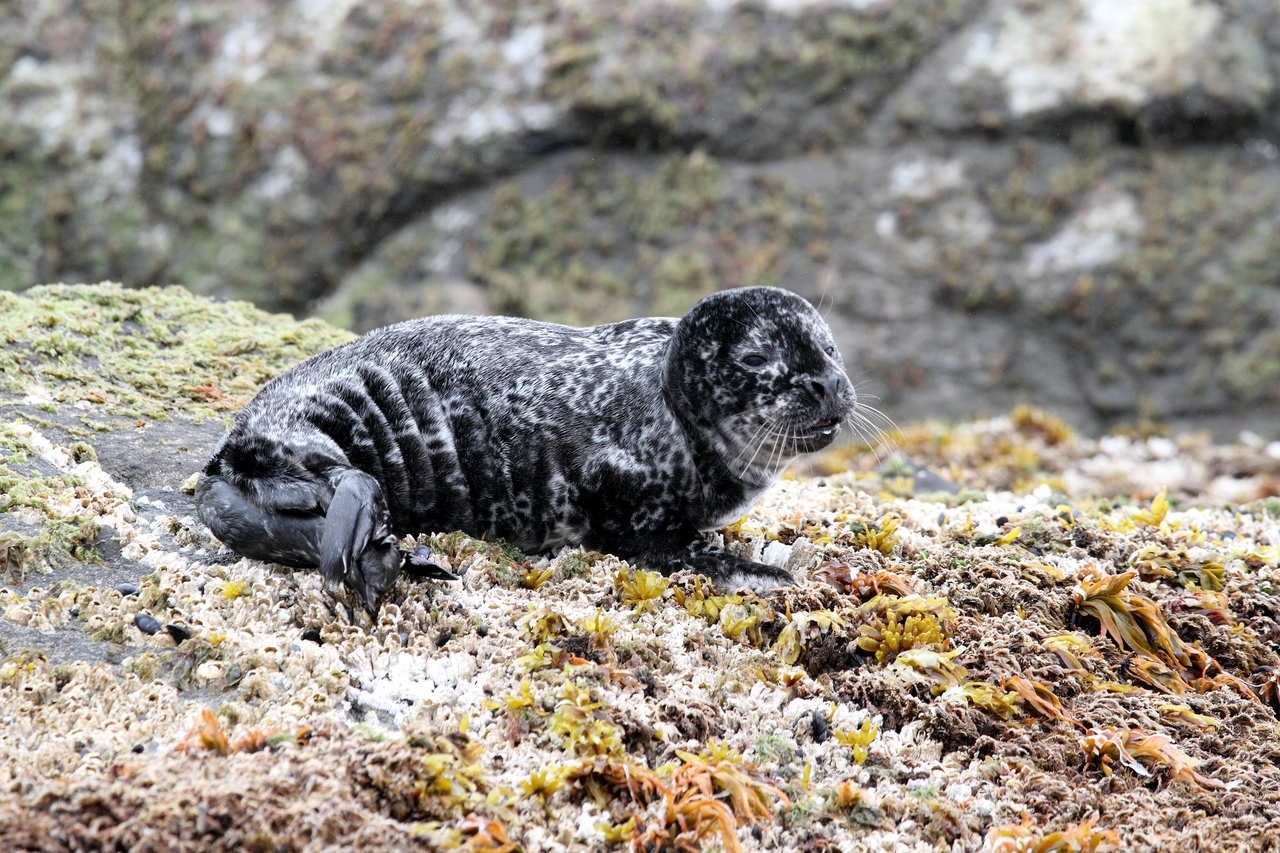
About harbor seals
Harbor seals are a rare subspecies of an common seal listed in the Red Book. Unlike fur seals and lions, the species has short front forefins and the animal cannot use them to climb and move around. The harbor seal uses his body to move like a caterpillar, it is very interesting to watch them. Half of the Russian harbor seals live on our Commander Islands. The study of this rare animal started a long time ago, back in the 50s of the last century, but since it never had commercial value, there is little data on it and it is very scarce.
We set ourselves the task of supplementing this information and helping to preserve this red-book miracle. To begin with, it was necessary to record how many pups are born per year, to find out whether the number is stable, decreases or grows, and if it changes, then what is the reason for this. Prior to this, the numbers were almost impossible to calculate: it was impossible to get close, and counting from a boat from a long distance could not give results because the harbor seals were on reefs, often one behind another, they simply could not be seen. Now, thanks to modern technology, this problem has been solved. We began to use aircraft: quadrocopters (drones). And since the fall of 2019 we saterted using satellite tagging. We went out with the team to the coastal zone, caught harbor seals, put satellite tags: they give us a signal, and we can fully track the entire path made by the animal. This will give us a more complete picture of the lifestyle of these pinnipeds and, I hope, will help protect them from extinction.
In addition to satellite tag installations, we took wool samples and other biomaterials without harm to study not only the animal’s health, but also to obtain a number of indicators, including the level of pollution of the surrounding waters and the World Ocean as a whole. Thus, we solve several advanced problems at once. Of course, this is not only scientific work, but also serious, hard physical work. I could never cope alone. After all, an adult animal can weigh up to 150 kg, and to catch it, carefully carry out all the necessary work, you need more than one pair of strong male hands. We have a very friendly and well-coordinated team, with which we faced a lot together.
All these studies are carried out as part of the state assignment of our reservemade using budgetary funds, we do not have other sponsors that could speed up the process of studying rare animals. Therefore, this year we want to contact the World Wildlife Fund for help, we hope for a response, then the opportunities for research of harbor seals will increase.
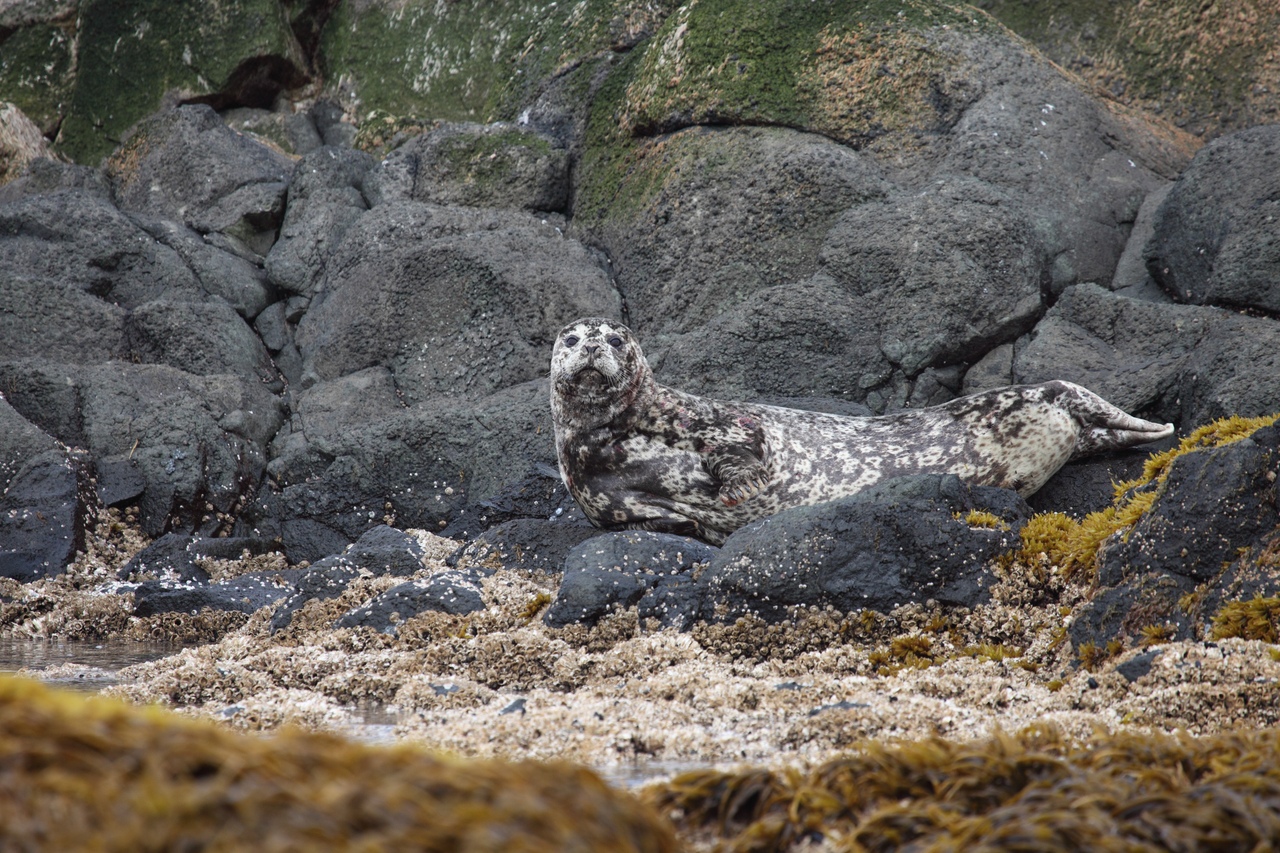
About day-to-day life
When you live here in such ascetic conditions, you understand that a person does not need much. A piece of bread, tea leaves, sugar, salt, cereals are enough. When we live in the fields, we get by with a minimum of supplies. Sometimes you want a chocolate bar, a cake, some frills. You go on vacation, overeat, and you get pulled back to the place without any excess.
Love for these places is sometimes not given to everyone. But those who has fallen in love with them cannot forget them. For me it is more than love, it is my element, my life, my dreams, my plans. The reserve is my home, and its team is my family: at the moment I am not married, but I have three daughters. Today, as always, our team requires young energetic specialists: marine biologists, botanists, inspectors, and the doors of Commander Islands Nature Reserve are open to people with a warm heart. Because only with this qualityyou can safely accept all the everyday difficulties that always arise for beginners. For me, all conditions of life and work are already familiar, and young people are sometimes afraid. We do not hide difficulties from the applicants, but when a person has a great interest and desire to work, they fear go away.
A satellite dish is already installed in one of the ranger cabins, Internet has been conducted, and an autonomous energy supply system has been equipped. A married couple may come and live there. We sign contracts for two years, in this case, employees manage to work out the costs that the reserve has to relocate to deliever specialists to the islands. Many people passed through us who thought that the Commanders were suitable for them, but when they were there, they understand that it is not so simple here. Although our climate is not so severe as, for example, on Wrangel Island, where the blizzards, and snowstorms are endless accompanied with polar night. Our winters are mild, not frosty, we can say European, although snowy. Nevertheless, you need to really love these places and your job, then no difficulties will be an obstacle.
About the plans and the main things
All my dreams and plans in one way or another come down to wildlife and research. If we fantasize, then I would like to explore the whole nature of the Commander Islands, which, in principle, is impossible to manage in life. But step by step, from childhood I go to my dream, studying the animal world. After all, all knowledge did not come to me at once, everything is very gradual. I study the life of mammals and observe the behavior of humpback whales, sperm whales, killer whales, sea lions, fur seals, harbor seals, as well as arctic foxes, reindeer, seabirds, and many other inhabitants of the water area and land of our islands. At every opportunity, I photograph. In addition, I graduated from the graduate school of Lomonosov Moscow State University, and became a PhD Biology. And I do not want to pause or dwell on what has already been done.
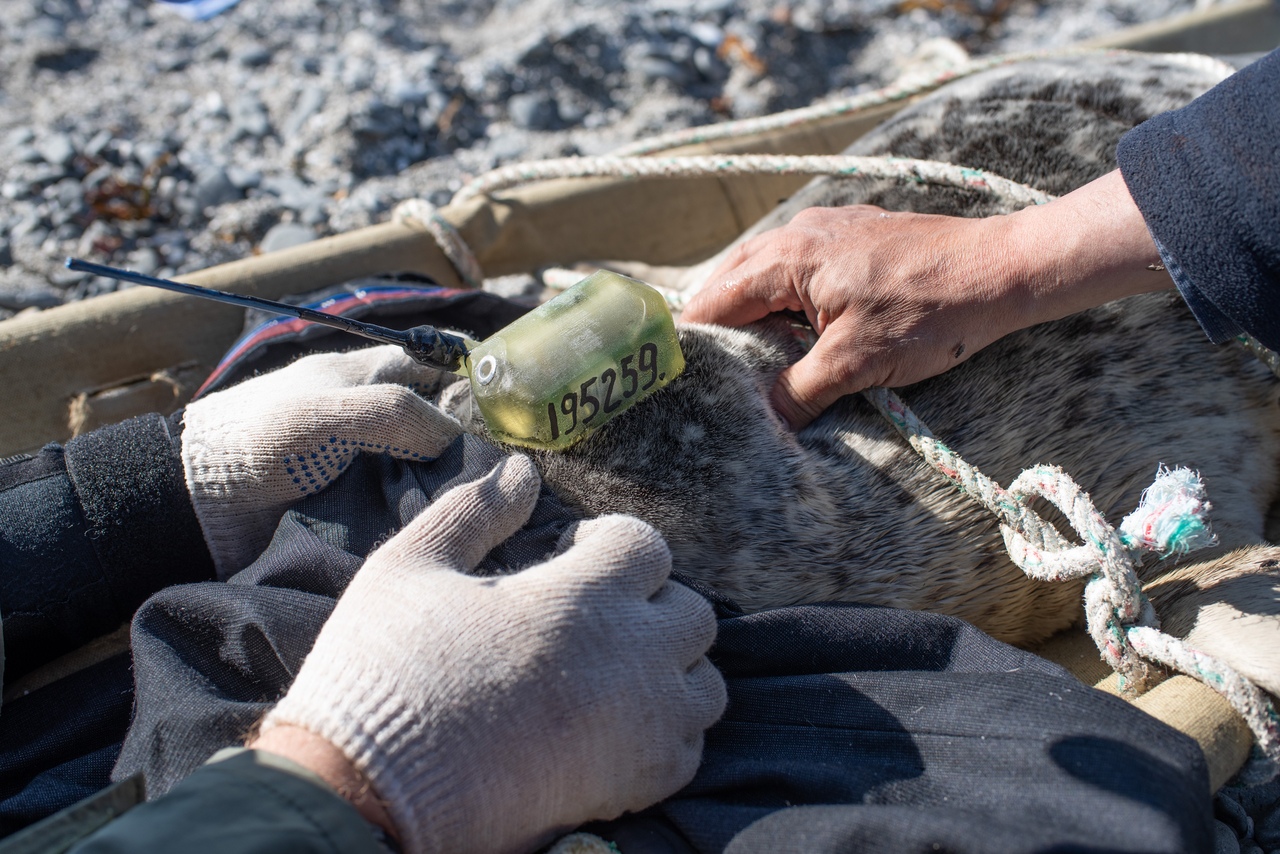
The scientist’s work is multifaceted: it’s not only writing scientific dissertations, reports and journals, but also direct, lively activity with immersion in an amazing world, sometimes risky and dangerous, full of adventures, stories and creative incarnations.
In general, the whole life of any person, no matter what profession he has, is steps into the unknown, performed routinely. There are no exclusively creative professions. For example, a singer’s performance of a song is creativity, and when there is concert after concert there is a routine, a conveyor. Each operation by the surgeon is in itself a creative act, but in a year you can do a lot of them. The work of the scientist is also embedded in this scheme. Scientists are discoverers who are the first to learn something about the world around them, and then bring this knowledge to others. The process of cognition is quite uniform, especially in our age of all-consuming statistics and the mathematization of knowledge. In order to make a discovery, one has to make the same experiments from time to time, conduct the same experiments, and do field trips to the same places dozens of times. All this in order to collect, as experts put it, statistically reliable data. But this data can help save the lives of many living things on our planet. The painstaking but incredibly romantic work of the employees of our reserve plays a significant role in this matter. "
More information about the source in social networks





